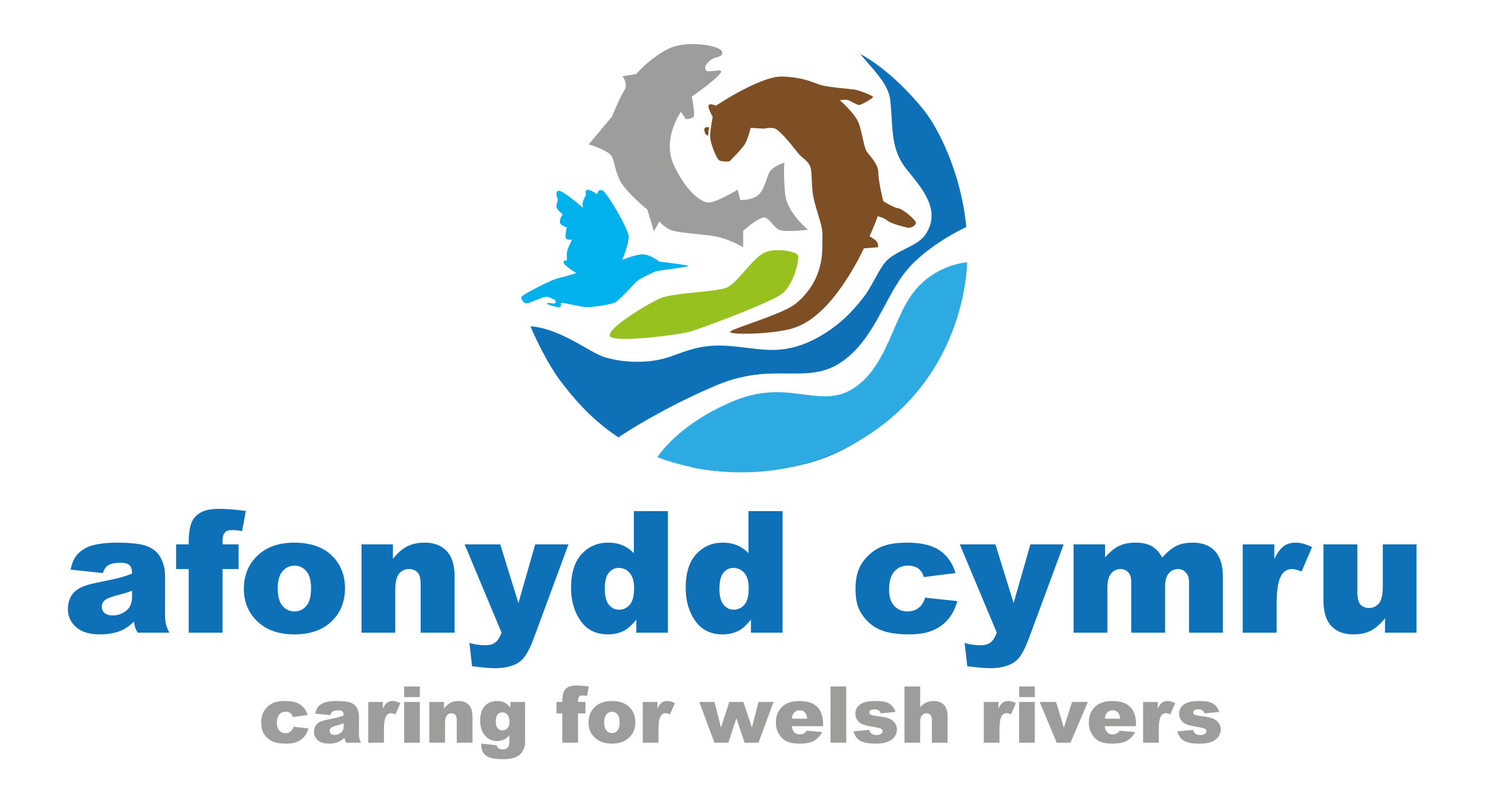As a result of these compliance failures, under the Habitats Regulations, NRW as a Competent Authority have been required to implement planning restrictions in Wales on both domestic housing and agricultural developments. Following the judgment in the case of Cooperatie Mobilisation handed down in November 2018 by the Court of Justice of the European Union (Joined Cases C-293/17 and C-294/17) (known as the Dutch Case), it has been concluded that where a site is failing its water quality objectives and is therefore classed as being in unfavourable condition, there is limited scope for the approval of planning applications that give rise to additional damaging effects. Therefore, it has been concluded that no further development could take place on SAC rivers unless development met the requirements for ‘Nutrient Neutrality’; i.e. that a development could only take place if nutrients (as a result of the development) were fully mitigated against and that no further nutrients were added to the SAC. In Wales, this has led to interim planning advice published by NRW (provide link).
Afonydd Cymru and the rivers trusts of Wales are exploring opportunities for nutrient offsetting. As part of our role, we are establishing the use of nature-based solutions and their role in delivery of nutrient management. This includes evaluation and design of integrated constructed wetlands to provide tertiary treatment on wastewater discharges and provide improvement for our rivers. Rivers trusts work closely with farmers providing farm advice and farm management plans. We are awaiting NRW guidance to also support on delivery of on-farm wetlands and nature-based solutions to support nutrient management. Afonydd Cymru focus is on delivery and solutions on the ground ““ we are keen to unlock regulatory and government policies which would enable rivers trusts to deliver solutions, working in partnership with others, to find solutions to offset nutrients.
